Monday: 9:00am - 4:00pm. Tuesday: 9:00am - 3:00pm. Thursday: 9:00am - 5:00pm Saturday: 8:00am - 2:30pm
Holistic Wellness
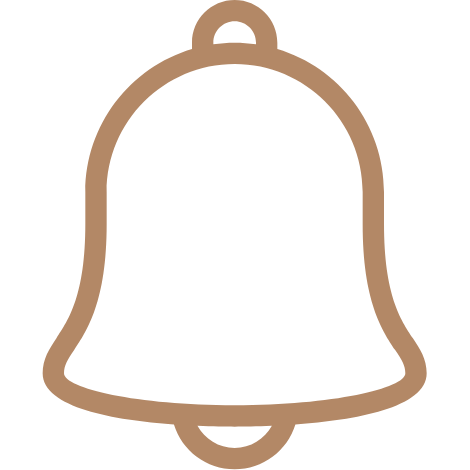
Women's Health
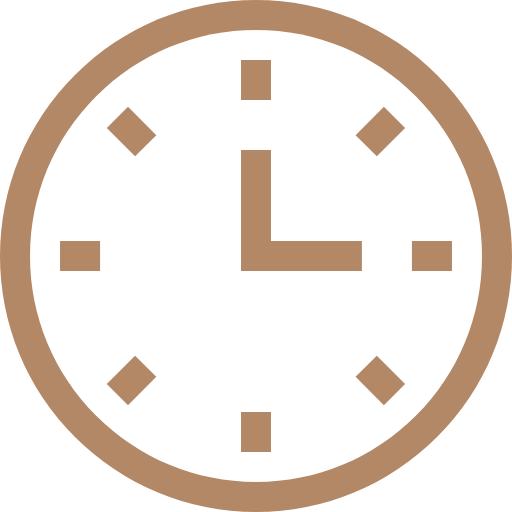
Healthy Daily Life
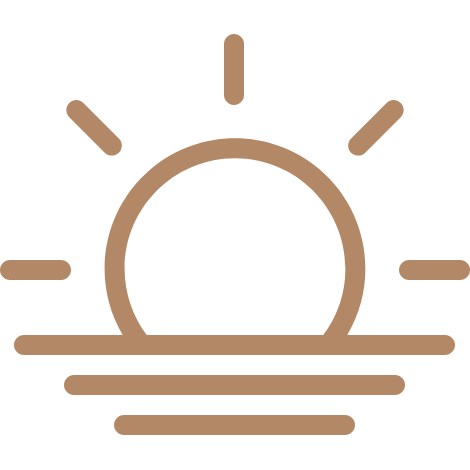
Tailored Care
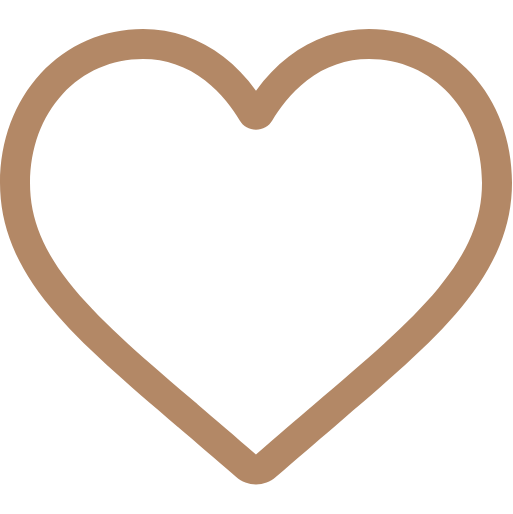
In Person and Virtual
Why Choose manipura?
At Manipura we are more than just a holistic service provider- we are a community dedicated to supporting women and families through every stage of life’s journey.
Personalized Care
Every treatment plan is uniquely designed to meet your specific needs, ensuring you receive the most effective and compassionate care.
Holistic Approach
We combine Traditional Chinese Medicine, Functional Medicine, and Holistic Nutrition to address the root causes of your concerns, not just the symptoms.
Natural & Non-Invasive Therapies
We offer safe, drug-free alternatives to improve your health and well-being, focusing on the body’s innate ability to heal itself.
Google Reviews

Our Services
Manipura offers personalized healthcare by combining ancient medicine with modern practices tailored to each person’s needs.
Acupuncture
From maintenance of health, stress resilience, high performance support, recovery, sleep regulation, gastrointestinal health, and beyond.
Functional Medicine
Let's get to the root cause.
Natural Fertility, IUI & IVF Support
Enhance your natural fertility journey or complement medical interventions like IUI and IVF with holistic care. Our treatments focus on balancing your body, reducing stress, and improving reproductive health to increase your chances of conception.
Women’s Reproductive and Hormonal Health
Address a wide range of women’s health concerns with therapies designed to regulate hormones, improve reproductive function, and enhance overall well-being. We support conditions such as menstrual irregularities, premature ovarian insufficiency, PCOS, fibroids, interstitial cystitis (IC), and more.
General Health
East meets West to optimize the body and the mind.
Prenatal Wellness
Support your body and mind during pregnancy with safe and effective care designed to reduce discomfort, manage stress, and promote a healthy pregnancy for both you and your baby.
Postpartum & Recovery
Restore balance and strength after childbirth with treatments tailored to your postpartum needs. We address fatigue, emotional health, lactation support, and physical recovery, helping you thrive during this transformative time.
Non-pharmacological alternatives
For Autoimmune disorders, GI disorders, emotional wellbeing, neurological disorders (headaches, migraines, bell’s palsy, post stroke rehabilitation and more)
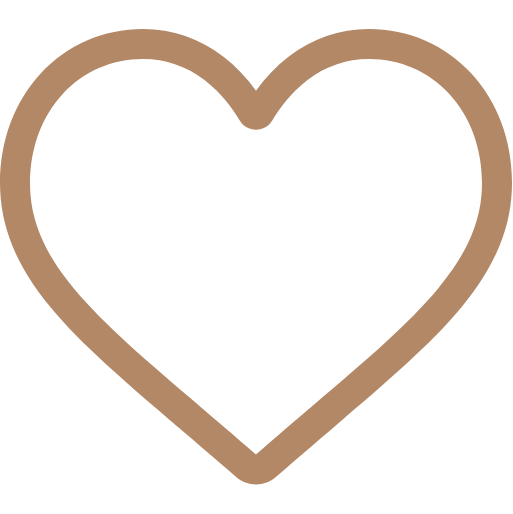
A note from the founder
Marisa Leal-Coughlin

My road to this sacred medicine was somewhat unconventional but none the less beautiful.
Life handed me unimaginable grief in 2013 when I lost my sister to suicide.
But it was also through that dark period I was gifted with the capacity to heal and regenerate.
You see, were constantly in this cycle of:
hurt, pain, recovery, peace.
hurt, pain, recovery, peace.
And in that process we're transforming and growing.

Frequently Asked Questions
Acupuncture is the stimulation of specific points in or on the surface of the skin, usually by the insertion of very fine, sterile, stainless steel needles that have the ability to alter various biochemical and physiological conditions in order to treat a wide variety of ailments. It is a method of encouraging the body to promote its natural regenerative and homeostatic mechanisms and abilities to improve overall function.
Why do we need an integrative approach?
Our society has become a lot more complex, our nervous systems are asked to process more information and input than ever before, and our bodies are performing in ways that require the same match of care and support to the level we are rapidly evolving! Our society is also experiencing a sharp increase in the number of people and children who suffer from complex, chronic diseases such as diabetes, heart disease, cancer, mental disorders, autoimmune disorders like rheumatoid arthritis, mood disorders, infertility is on the rise, and various neurological disorders, to name a few. Unfortunately, a very useful and highly advanced acute-care approach to medicine lacks the proper methodology and tools for preventing and treating a lot of these complex, chronic diseases. Well-meaning physicians apply only specific, prescribed treatments such as drugs or surgery that aim to treat the immediate problem or symptom. In most cases, it does not take into account the unique constitution of the patient, environmental exposures to toxins, nutrition, metabolism, comprehensive assessment of gut health, and other aspects of today’s lifestyles that have a direct influence on the rise in chronic disease in modern Western society. There’s a huge gap between research and the way most doctors practice in these areas today. The gap between emerging research in basic sciences and integration into medical practice is enormous… as long as 50 years… particularly in the area of complex, chronic illness, reproductive health, and autoimmune disorders. Fortunately, a big movement is happening and a lot more physicians have taken the responsibility to look at the research and upgrade the way they practice to better help the people they serve.
What is acupuncture?
Acupuncture is the stimulation of specific points in or on the surface of the skin, usually by the insertion of very fine, sterile, stainless steel needles that have the ability to alter various biochemical and physiological conditions in order to treat a wide variety of ailments. It is a method of encouraging the body to promote its natural regenerative and homeostatic mechanisms and abilities to improve overall function. Acupuncture is part of Traditional Chinese Medicine (TCM) system also called Eastern Medicine because although it originated in China, it has been refined in many other Asian countries such as Japan and Korea. The term Traditional Chinese refers to the science's roots in early Chinese naturalist thought, sometimes called Daoism, but the science is now a worldwide medical practice, with medical schools around the world teaching acupuncture. It has been widely integrated into hospital settings and medical doctors' practices, especially in China, Japan, South Korea, Australia, Europe, and Brazil and we are so proud to be a part of the movement here in the United States.
How does acupuncture work?
Each of the acupuncture points acts as a gate—sending energetic information electromagnetically via the fascia deep into the body. Explore some of the ways acupuncture works below:
PROMOTES HEALING
Offering a small electrical prompt to the body to restore homeostasis & balance.
RELEASES BLOCKAGE
Releasing areas of congested/blocked Qi which stimulates organ function & promotes health.
IMPROVES CIRCULATION
Promoting circulation in the body improves function where needed.
DECREASES PAIN
Acting as a natural analgesic, acupuncture interrupts pain signaling. Acupuncture mediates the opioid and cannabinoid systems for pain relief and other physiological effects in the body.
BALANCES BODY CHEMISTRY
Influencing the body’s biochemical responses via the central nervous system.
REDUCES INFLAMMATION
Reducing pro-inflammatory markers, or proteins, in the body
Classical Eastern Explanation
From a Traditional Chinese Medicine perspective, acupuncture is explained based on an energetic model rather than the biochemical model of western medicine. Qi, or vital energy, circulates along the channels and meridians throughout the body like an energy grid linking all of the body's components together.
Qi maintains and nourishes our body and mind, keeps the blood circulating, warms the body, and fights disease. In a healthy state, Qi flows smoothly through the channels. Symptoms and/or illness occur if the flow of Qi is blocked, becomes excessive, or is weakened.
Similar to a sprinkler system in a garden, the body is constantly working very efficiently to supply the right amount of water, blood, and different nutrients to cells across the body. It is in the obstruction of this supply from injury or dysfunction of any of the systems within our bodies that gives origin to dis-ease, pain, or illness. By selecting and stimulating specific acupoints to regulate the Qi flow, any deficiencies, excesses, or blockages along the channels can be balanced and resolved.
Other Explanations
There are several mechanisms at play in the effects of acupuncture. acupuncture points are believed to stimulate the central nervous system (the brain and spinal cord) to release chemicals into the muscles, spinal cord, and brain. these chemicals either change the experience of pain or release other chemicals, such as hormones, that influence the body's self-regulating systems. the biochemical changes may stimulate the body's natural healing abilities and promote physical and emotional well-being. there are three main mechanisms:
- Conduction of electromagnetic signals: Western scientists have found evidence of acupuncture points’ as strategic conductors of electromagnetic signals. Stimulating points along these pathways through acupuncture enables electromagnetic signals to be relayed at it greater rate than under normal conditions. These signals may start the flow of pain-killing biochemicals such as endorphins and of immune system cells to specific sites that are injured or vulnerable to disease.
- Activation of opioid and cannabinoid systems: research has found that several types of opioids may be released into the central nervous system during acupuncture treatment, thereby reducing pain.
- Changes in brain chemistry, sensation, and involuntary body functions: studies have shown that acupuncture may alter brain chemistry by changing the release of neurotransmitters and neurohormones in a good way. Acupuncture also has been documented to affect the parts of the central nervous system related to sensation and involuntary body functions, such as immune reactions and processes whereby a person’s blood pressure, blood flow, and body temperature are regulated.
- Helene M. Langevin MD, a clinical endocrinologist, was so curious about her patients’ interest in acupuncture that she took a course in East Asian medicine and then carried her newfound skills into the lab with her in the department of neurology at the University of Vermont College of Medicine. She led a study that found a measurable “pull out force” after every needle grab. And the strength of this grab was, on average, 18 percent higher when measured at acupuncture points as opposed to non-acupuncture points. The needle grab is more vigorous at these points because they are more conductive of electrical energy.
Recent research suggests that not only do energy channels exist, but they’ve been right in front of our eyes all along. Perhaps more crucially, however, Langevin and her colleagues found, experimenting with acupuncture on a piece of rat abdominal wall, that when they rotated the needles the connective tissue underneath the skin became “mechanically attached.” Writes Langevin: “Even a small amount of rotation caused the connective tissue to wrap around the needle, like spaghetti winding around a fork.” Langevin also found that the tissue remains stretched in this way for the duration of the acupuncture treatment, causing chemical changes at a cellular level that increase electrical conductivity.
Fascia and connective tissue, long underplayed by western medicine and science, has recently become of interest, particularly among molecular and physiological researchers, as new evidence has demonstrated that such stimulation to the connective tissue can be sensed at a cellular level, decreasing chronic inflammation, reducing pain and even potentially inhibiting the growth of cancer cells or fibrotic tissue.
What kind of education and training do acupuncturists receive?
At a minimum, an acupuncture physician needs 8 years of education. After undergraduate education, they need to graduate from (a 4year program) a nationally accredited university with a master’s degree in Acupuncture and East Asian Medicine. Additionally, to be able to practice medicine, they need to obtain state licensing. State licensing requires passing multiple licensure exams, 4 in total in the state of FL. The National Certification Commission for Acupuncture and Oriental Medicine (NCCAOM) is the certifying body for acupuncturists and also the developer of licensure exams. Recertification for a state license is every two years, and nationally every 5 years. Continuing education minimum requirements are set for both. After, a practitioner can continue her or his education by pursuing a Doctoral degree that depending on the program allows the specialization into a particular area of care, the time of the program varies by specialty and program.
Do i need to keep coming after my symptoms are gone?
This is ultimately your choice and can be discussed with your practitioner for recommendations. Once you have reached your therapeutic goals, it may be beneficial to continue receiving acupuncture treatments on a weekly, monthly, or quarterly basis depending on the condition, your needs, and preferences.

Business Information:
Monday: 9:00am - 4:00pm Tuesday: 9:00am - 3:00pm
Thursday: 9:00am - 5:00pm Saturday: 8:00am - 2:30pm